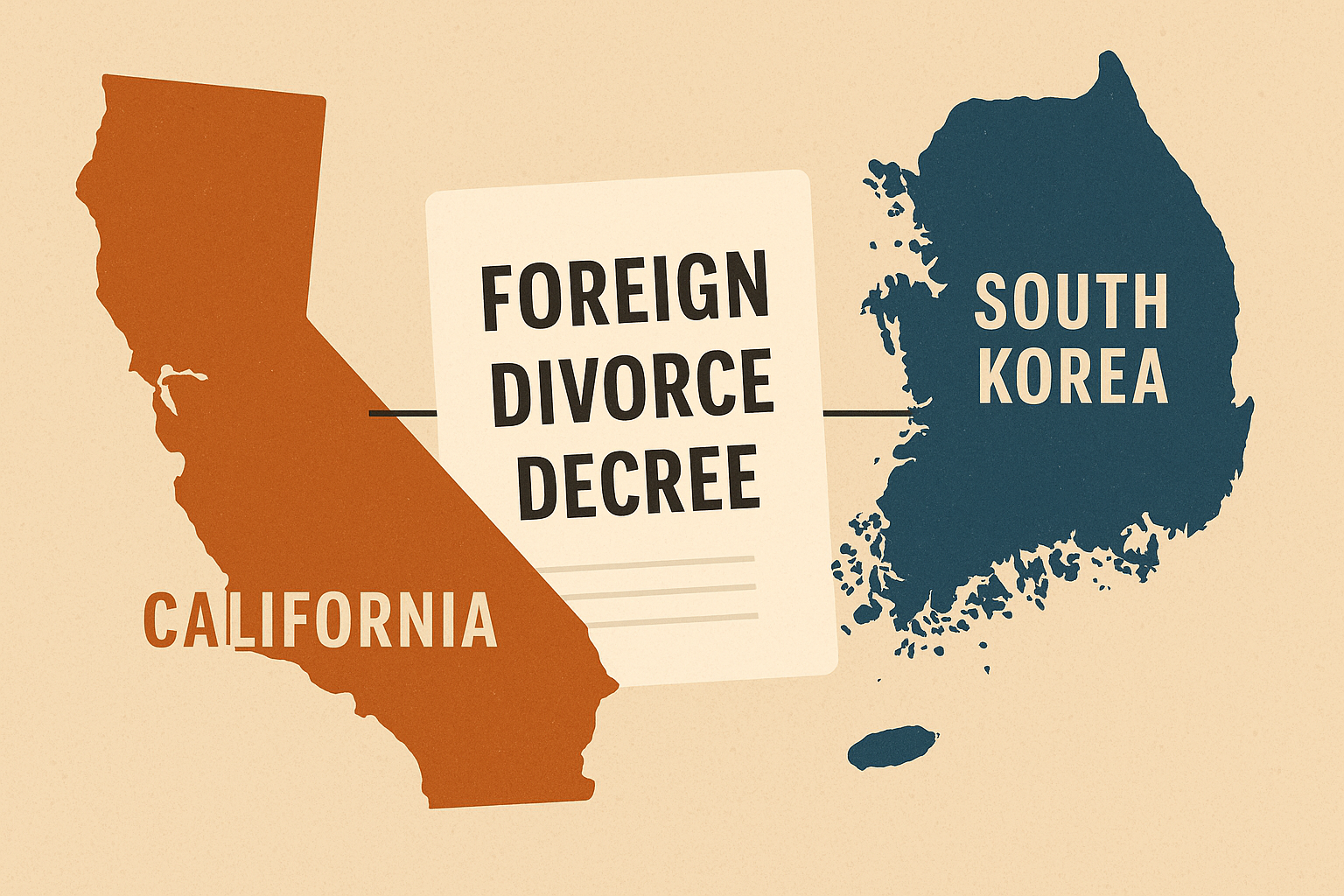I. Introduction
Article 840 of the Korean Civil Code stipulates grounds for judicial divorce, which the Supreme Court has interpreted based on the fault-based principle. However, Item 6 of this article provides a basis for the irretrievable breakdown principle, allowing for the possibility of a different interpretation. Despite this, the Supreme Court’s en banc decision confirmed a fault-based interpretation. This article discusses the Supreme Court’s stance, the issues with the fault-based approach, and possible shifts towards an irretrievable breakdown approach.
II. Freedom of Divorce and Issues with the Supreme Court’s Decision
- Freedom of Marriage and Divorce
While the Korean Constitution does not explicitly state the freedom of marriage, it is inferred from the rights to human dignity, happiness, and equality. This freedom encompasses the rights to enter, maintain, and dissolve a marriage.
- Supreme Court’s Position and Criticisms
The Supreme Court has consistently denied the right of the at-fault spouse to file for divorce, even where “other serious reasons make it difficult to continue the marriage.” This stance maintains that as long as there is a possibility to negotiate a divorce, there is no need to adopt the irretrievable breakdown principle. However, dissenting opinions argue that categorically denying divorce to the at-fault spouse when the marriage has already broken down is neither reasonable nor effective.
Critics of the fault-based system argue that it leads to the excessive exposure of private matters and conflict escalation during divorce proceedings. This system often results in unnecessary animosity and emotional harm, complicating the resolution of post-divorce issues such as custody and financial support.
III. Proposed Responses to the Fault-Based Approach
- Changing the Supreme Court’s Precedents
The Supreme Court could be persuaded to shift its stance towards the irretrievable breakdown approach. Flexible application of current laws regarding post-divorce support and property division could mitigate the risks associated with allowing divorce by the at-fault spouse.
- Seeking a Constitutional Court Ruling
If the Supreme Court continues to uphold the fault-based approach due to a lack of legislative measures, a constitutional challenge could be pursued. This would require filing a constitutional complaint on the grounds that the current interpretation infringes on the freedom of divorce and personal autonomy.
IV. Conclusion
If a marriage has irretrievably broken down, protecting the parties’ rights by reasonably dissolving the marriage aligns better with the constitutional values of human dignity and the pursuit of happiness. Therefore, there is a need for judicial and legislative reform to address the limitations of the fault-based system and potentially shift towards an irretrievable breakdown approach.
Edited by Simon Lee, Founding Partner at Pureum Law Office




